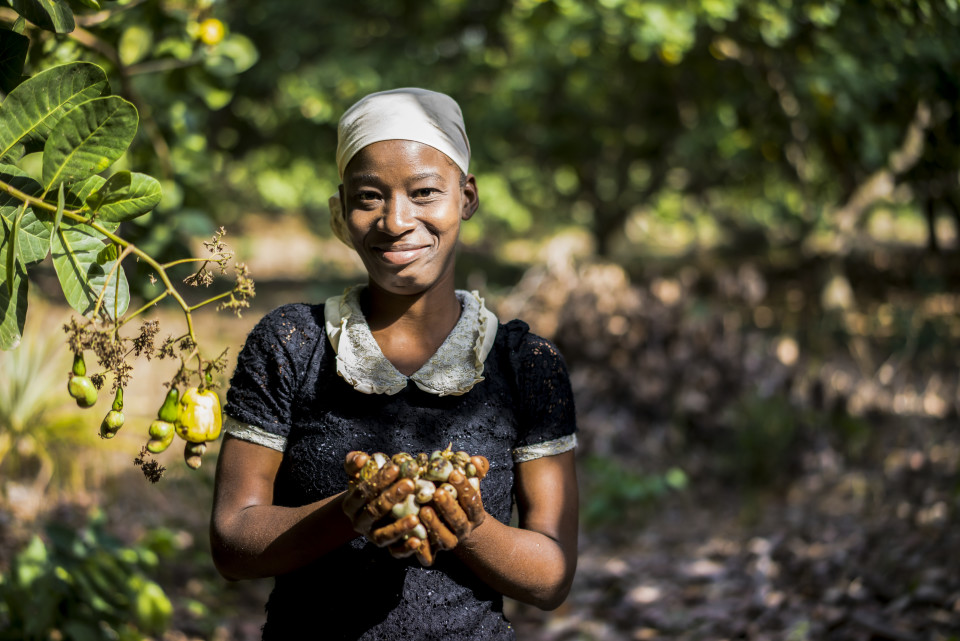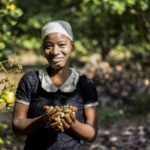Introduction
The cashew nut industry in Ivory Coast, also known as Côte d’Ivoire, has experienced significant growth over the years. With its favorable climate and fertile soils, the country has become one of the world’s leading producers and exporters of cashew nuts. However, this success has come with challenges, including unsustainable practices and unethical labor conditions. In recent years, the Ivorian government and industry players have made commendable efforts to address these issues and promote sustainable practices in the cashew nut industry.
Government Initiatives
The Ivorian government has recognized the importance of the cashew nut industry and its potential for economic growth and rural development. To ensure the industry’s sustainability, several initiatives have been implemented:
- Promotion of Good Agricultural Practices: The government has focused on educating farmers about sustainable farming techniques, including proper land management, water conservation, and responsible pesticide usage. By disseminating knowledge and providing training programs, the government empowers farmers to adopt practices that protect the environment and promote long-term productivity.
- Quality Control and Certification: The government has established rigorous quality control standards and certification processes to enhance the reputation of Ivorian cashew nuts in international markets. These measures ensure that cashews meet global standards for food safety and quality, while also protecting consumers and fostering trust in Ivorian cashew exports.
- Support for Small-Scale Farmers: Recognizing the significant role of small-scale farmers in the industry, the government has implemented various initiatives to empower them. These include financial assistance programs, access to credit facilities, and the provision of improved seeds and equipment. By supporting small-scale farmers, the government promotes inclusivity and equitable growth in the cashew nut industry.
Industry Collaboration
Industry players have also been actively involved in curbing bad practices and promoting sustainability in the cashew nut sector. Collaborative efforts have been undertaken to address challenges and bring about positive change:
- Traceability and Transparency: Companies within the industry have embraced traceability systems that track the journey of cashew nuts from farm to market. This enables greater transparency, making it easier to identify any unethical practices and take corrective measures. By ensuring traceability, industry players can maintain the integrity of their supply chains and instill confidence in consumers.
- Social Responsibility: Many companies in the cashew nut industry have recognized the importance of social responsibility and ethical labor practices. They have implemented programs to improve working conditions, provide fair wages, and prohibit child labor. By prioritizing the welfare of their employees, these companies create a sustainable and responsible industry.
- Environmental Sustainability: Industry players are increasingly focusing on sustainable farming techniques that reduce the environmental impact of cashew production. This includes practices such as agroforestry, which promotes the planting of trees alongside cashew orchards, leading to soil conservation, biodiversity preservation, and carbon sequestration.
Conclusion
The Ivorian cashew nut industry has made significant strides towards sustainability, thanks to the combined efforts of the government and industry players. Through initiatives promoting good agricultural practices, quality control, and support for small-scale farmers, the government has laid the foundation for a more sustainable industry. Industry collaboration, with a focus on traceability, social responsibility, and environmental sustainability, has further strengthened these efforts.
As a result, Ivorian cashew nuts are gaining recognition in global markets for their quality and ethical production. These commendable efforts not only contribute to the economic development of Ivory Coast but also provide a model for other cashew-producing countries to follow. With continued commitment to sustainable practices, the Ivorian cashew nut industry is poised for further growth while ensuring a better future for farmers, workers, and the environment.







Leave a Reply